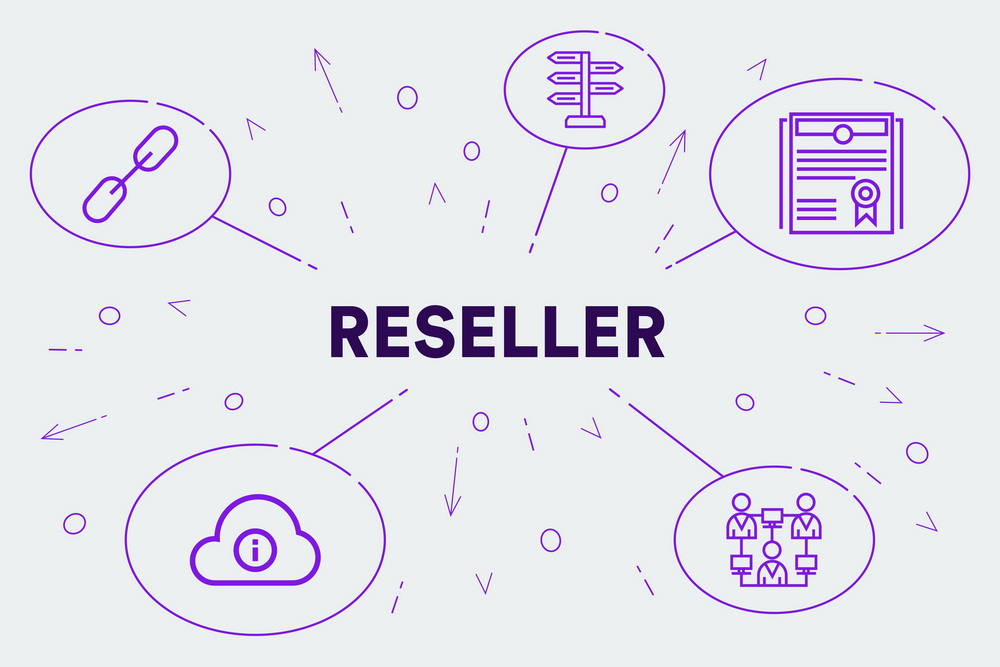Running a business requires knowing the language. For example, consider the term ‘reseller account’. It is a term common to the retail industry. A reseller account is a specific type of account opened by retailers to purchase products from wholesalers.
There are certain benefits that come with having a reseller account. By the same token, there are also responsibilities. New retailers have to figure it out if they want to make money and maintain legal compliance. Needless to say, there is a lot to learn. This post will discuss some of the basics.
1. Definition of a Reseller
In a retail setting, a reseller is nothing more than an individual or company that buys wholesale products and sells them to retail customers. That means every retailer you do business with is also a reseller. Your local big-box department store is a reseller. So is your favorite clothing boutique at the mall and the sporting goods store on the other side of town.
All of these retailers have established accounts with their wholesale providers. Let us use sunglasses as an example. The guy who operates the kiosk down at the beach buys his products from wholesalers like Salt Lake City’s Olympic Eyewear. He pays one price, then marks up the product to cover his own cost and make a profit. This is where the reseller account comes in.
2. Resellers and Wholesale Pricing
As a wholesale supplier of bulk sunglasses, Olympic cannot sell to the beach-side retailer at the same price that retailer charges his customers. Why? Because the retailer wouldn’t make any money. Olympic’s prices have to be lower. It offers what are known in the industry as wholesale prices.
The important thing to note here is that wholesale pricing does not include tax. If our fictional retailer sees a particular pair of sunglasses being sold for $1.00 per pair, that’s exactly what he pays at checkout. Olympic doesn’t charge sales tax on wholesale transactions.
Who pays the sales tax? You do, when you purchase a pair. The retailer collects sales tax from you, then turns around and pays the state. The key here is that sales tax is only paid once. You pay it. The retailer does not; the wholesaler does not. Not even manufacturers and distributors pay sales tax.
3. Sales Tax Reporting
The two big benefits of having a reseller account are getting lower pricing and not having to pay sales tax. But as previously stated, there are some responsibilities that come with being a reseller. At the top of the list is collecting and reporting sales tax. Again, let us talk about that fictional retailer with the beach-site kiosk.
Let us say he lives in Southern California. Every pair of sunglasses he sells is subject to California sales tax. He must collect that tax from his customers. Every quarter, he must report the money collected and send a payment to the state. If he is late, the state will assess a penalty.
To the retailer, sales tax is just another cost of doing business. Yet it doesn’t have to be built into the price because it is paid on top of the retail cost. A pair of sunglasses with a rack price of $5.00 will cost $5.38 at the cash register, after tax is added. Consumers know and expect this.
To summarize, a reseller account in the retail world is essentially an account held with a wholesaler. It allows retailers to get discounted prices without having to pay sales tax. They can then turn around and sell what they purchase at a higher price.

